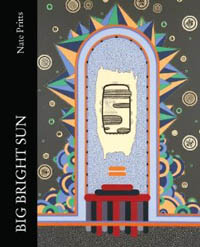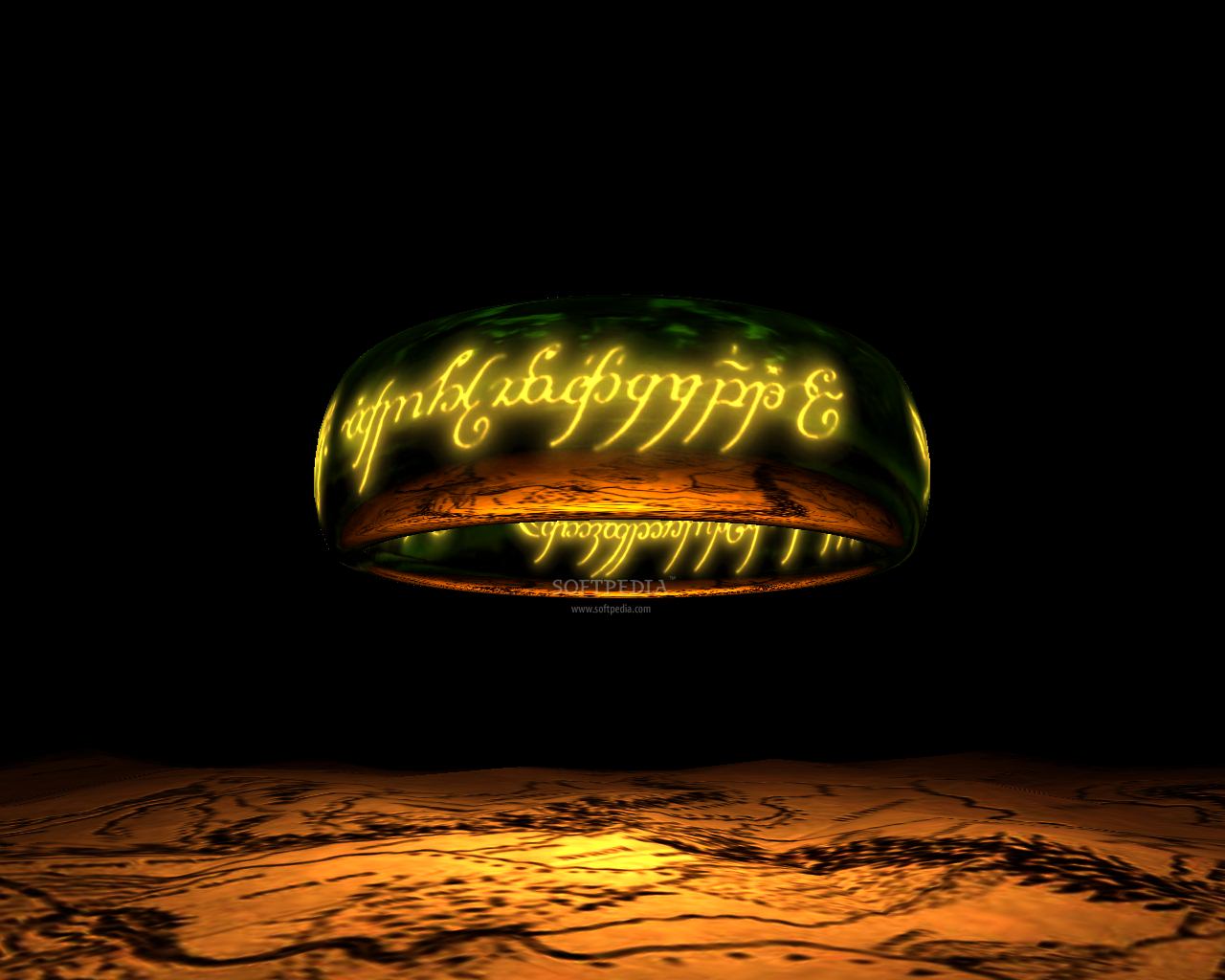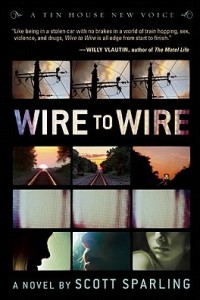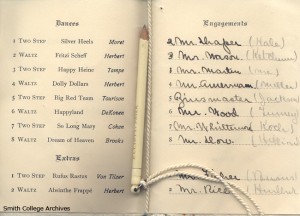To criticize is only to establish that a concept vanishes when it is thrust into a new milieu, losing some of its components, or acquiring others that transform it. But those who criticize without creating, those who are content to defend the vanished concept without being able to give it the forces it needs to return to life, are the plague of philosophy.
There is such force in those unhinged works of Hölderlin, Kleist, Rimbaud, Mallarmé, Kafka, Michaux, Pessoa, Artaud, and many English and American novelists, from Melville to Lawrence or Miller, in which the reader discovers admiringly that they have written the novel of Spinozism. To be sure, they do not produce a syntheses of art and philosophy. They branch out and do not stop branching out. They are hybrid geniuses who neither erase nor cover over differences in kind, but, on the contrary, use all the resources of their “athleticism” to install themselves within this very difference, like acrobats torn apart in a perpetual show of strength.
If philosophy is paradoxical by nature, this is not because it sides with the least plausible opinion or because it maintains contradictory opinions but rather because it uses sentences of a standard language to express something that does not belong to the order of opinion or even of the proposition.
Philosophy thus lives in a permanent crisis. The plane takes effect through shocks, concepts proceed in bursts, and personae by spasms.
We do not lack communcation. On the contrary, we have too much of it. We lack creation. We lack resistance to the present. READ MORE >





